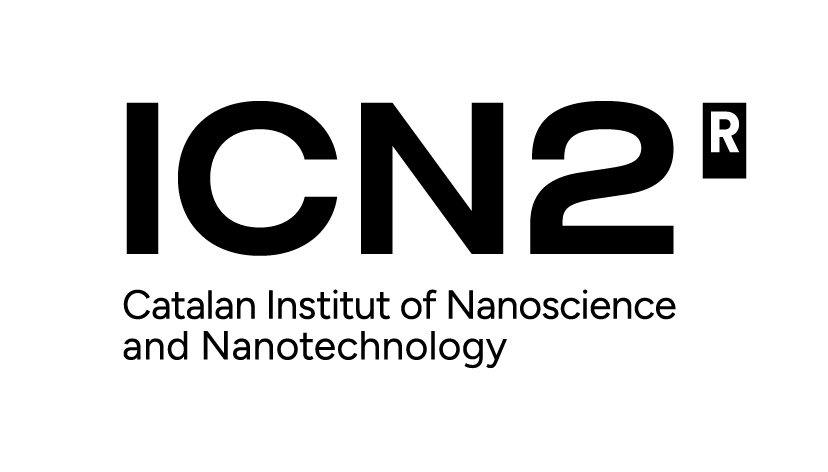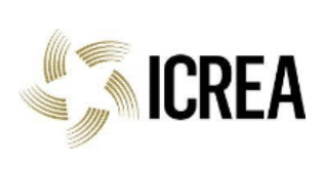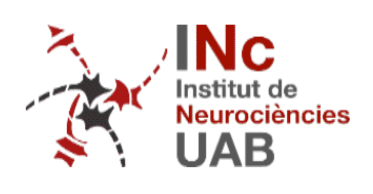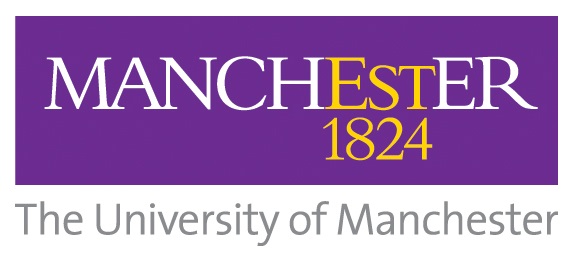Technology for bioelectronic medicine
By: Prof. George Malliaras, Prince Philip Professor of Technology at the University of Cambridge, UK
Abstract: Bioelectronic medicine provides a new means of addressing disease via the electrical stimulation of tissues: Deep brain stimulation, for example, has shown exceptional promise in the treatment of neurological and neuropsychiatric disorders, while stimulation of peripheral nerves is being explored to treat autoimmune disorders. To bring these technologies to patients at scale, however, significant challenges remain to be addressed. Key among these is our ability to establish stable and efficient interfaces between electronics and the human body. I will show examples of how this can be achieved using new electronic materials and devices engineered to communicate with the body and evolve with it.
Introductory talk: “Investigating the post stroke brain using graphene transistor arrays” by Dr Samuel Flaherty, Postdoctoral Researcher at NanoNeuro team, Nanomedicine Lab, University of Manchester
Co-organised by ICN2 and the Nanomedicine Lab







